Barack Obama
Early Life and Education
Barack Hussein Obama II was born on August 4, 1961, in Honolulu, Hawaii. His mother, Stanley Ann Dunham, was a white American from Wichita, Kansas. His father, Barack Obama Sr., was a black Kenyan from Nyang'oma Kogelo. Obama's parents met in 1960 in a Russian language class at the University of Hawaii at Manoa, where his father was a foreign student on a scholarship. The couple married in Wailuku, Hawaii, on February 2, 1961, six months before Obama was born.
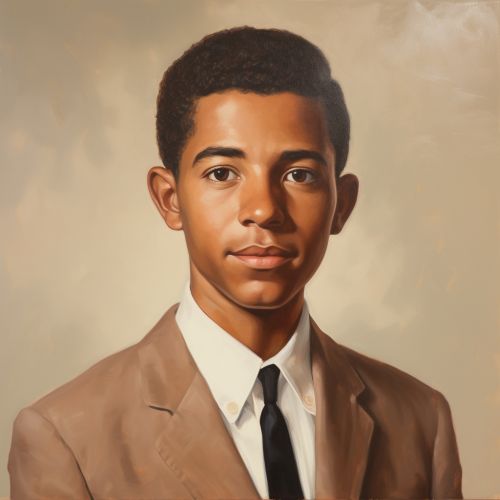

In late August 1961, a few weeks after he was born, Barack and his mother moved to the University of Washington in Seattle, where they lived for a year. During that time, the elder Obama completed his undergraduate degree in economics in Hawaii, graduating in June 1962. He then left to attend graduate school on a scholarship at Harvard University, where he earned an M.A. in economics. Obama's parents divorced in March 1964.
Obama started his education in the U.S. at the Punahou School in Honolulu from fifth grade until his graduation from high school in 1979. Following high school, Obama moved to Los Angeles in 1979 to attend Occidental College. In February 1981, Obama made his first public speech, calling for Occidental to participate in the disinvestment from South Africa in response to that nation's policy of apartheid.
Political Career
In 1996, Obama officially launched his own political career, winning election to the Illinois State Senate as a Democrat from the South Side neighborhood of Hyde Park. During his time as a state senator, Obama worked with both Democrats and Republicans to draft legislation on ethics, as well as expand health care services and early childhood education programs for the poor. He also created a state earned-income tax credit for the working poor. As a state senator, Obama notably was a vocal opponent of President George W. Bush’s push for war with Iraq.
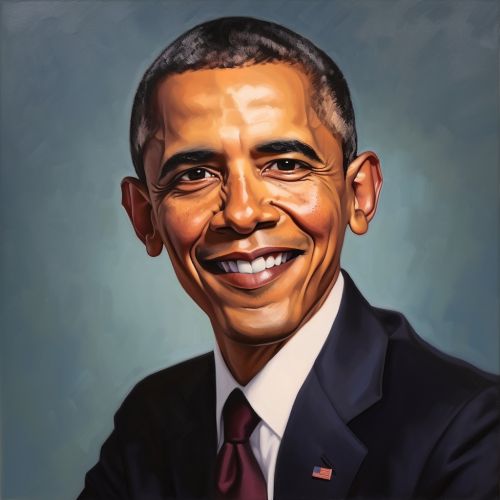
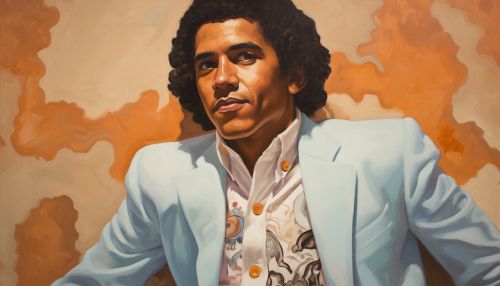
In 2004, Obama was elected to the U.S. Senate. His victory margin of over 70 percent was the largest in Illinois history. He took office in January 2005. While in the Senate, Obama sponsored 131 bills. He co-sponsored 619, resulting in 282 laws. He also sponsored 57 resolutions, of which 15 passed. He served on numerous committees, including Foreign Relations, Environment and Public Works and Veterans' Affairs.
In 2008, Obama ran for President of the United States. He won against Republican nominee John McCain and was inaugurated as president on January 20, 2009. In his first few days in office, Obama issued executive orders and presidential memoranda directing the U.S. military to develop plans to withdraw troops from Iraq. He ordered the closing of the Guantanamo Bay detention camp "as soon as practicable and no later than" January 2010.
Obama was re-elected president in November 2012 and was sworn in for a second term on January 20, 2013. During his second term, Obama promoted inclusiveness for LGBT Americans. His administration filed briefs that urged the Supreme Court to strike down same-sex marriage bans as unconstitutional.
Legacy
Barack Obama's presidency had a significant impact on the United States. He was the first African American to be elected to the presidency. He also made significant changes to the health care system through the Affordable Care Act, which has been a controversial, but significant, step towards universal health care in the United States.
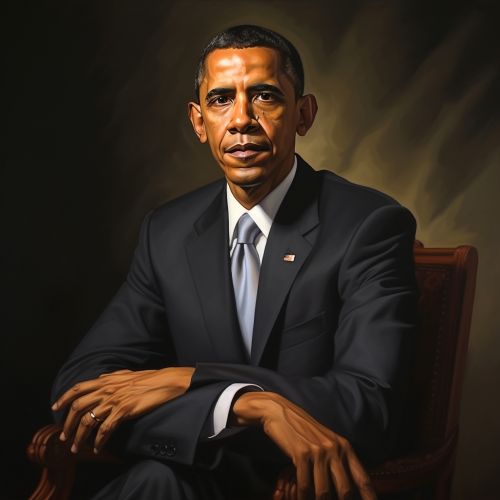
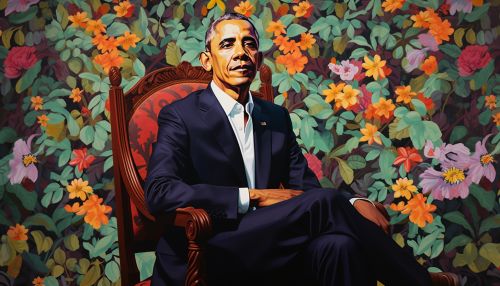
Obama's foreign policy was marked by a change in the American approach to the Middle East. He ended the war in Iraq, ordered the killing of Osama Bin Laden, and signed the nuclear deal with Iran. His administration also faced criticism for its handling of the Syrian Civil War and the rise of the Islamic State.
On the domestic front, Obama significantly expanded clean energy production and made unprecedented investments in research and development. He also enacted policies to combat climate change, including the Clean Power Plan, which aimed to reduce carbon pollution from power plants.
